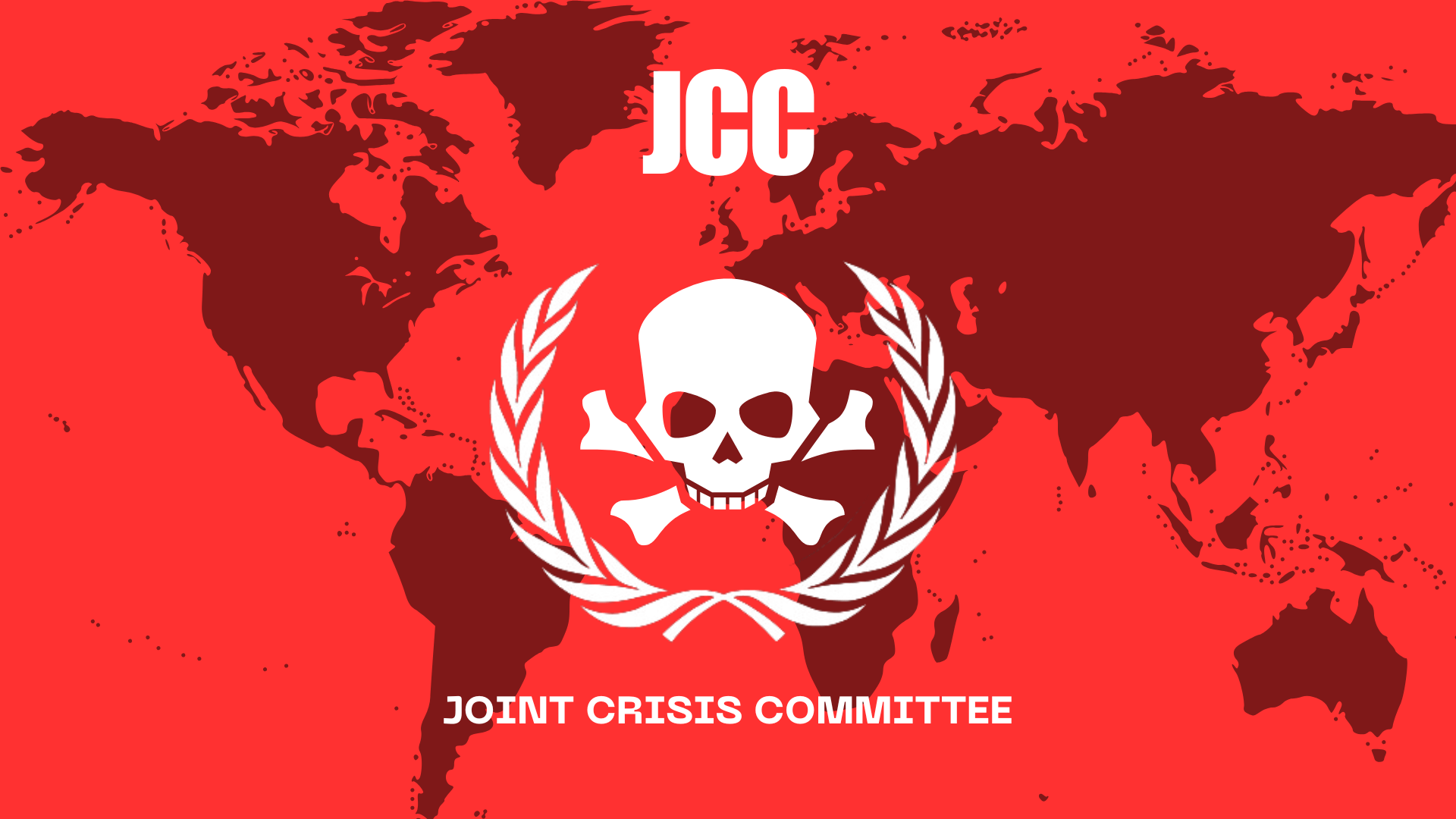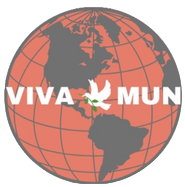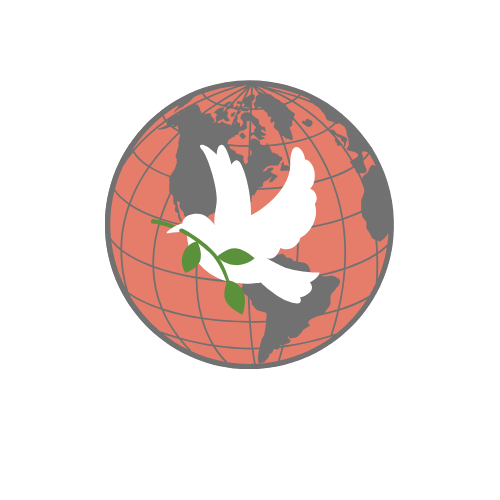
About The JCC
The Joint Crisis Committee (JCC) is one of the most thrilling and intellectually demanding formats in Model United Nations (MUN). It features two or more opposing crisis rooms—often simulating rival governments, alliances, or factions—that engage in real-time diplomacy, strategy, and often military conflict. The JCC tests a delegate’s ability not only to negotiate and debate but also to think on their feet, adapt to rapidly evolving situations, and engage in high-level strategic decision-making under pressure.
A JCC typically recreates a historical conflict, ongoing war, or hypothetical geopolitical standoff. Common themes include the Cold War, World Wars, the Indo-Pakistani conflict, the Cuban Missile Crisis, or futuristic scenarios like global cyber warfare or climate-induced civil collapse. Each committee represents a separate bloc, such as NATO vs. the Warsaw Pact, India vs. Pakistan, or Rebels vs. Government. Delegates are assigned individual roles—such as presidents, defense ministers, intelligence chiefs, or military commanders—and have specific portfolios outlining their powers and responsibilities.
The most exciting feature of a JCC is its interactive crisis simulation. While each bloc functions as a standalone crisis committee, both rooms are directly affected by each other’s decisions. If one bloc launches an airstrike, the other must respond. The Crisis Director (CD) and Backroom Team act as the narrative engine, introducing news updates, processing directives, and coordinating the interactions between the two sides. As a result, the story unfolds in real time, with delegates shaping the outcome through their actions and strategies.
Each room conducts moderated debates, writes directives, and engages in backroom negotiations, espionage, and military planning. Private notes and communiqués play a huge role in JCCs, allowing delegates to form secret alliances, order covert operations, or negotiate peace talks without public knowledge. The stakes are high, and every decision can have far-reaching consequences—both on the battlefield and diplomatically. Delegates must balance aggression with diplomacy, short-term victories with long-term strategy.
The dual nature of a JCC requires delegates to master not just crisis strategy but also interpersonal and diplomatic skills. Coordination within a bloc is essential; internal disagreements or power struggles can weaken a faction’s position. At the same time, external negotiations—through joint sessions or backchannel diplomacy—offer opportunities for ceasefires, treaties, or betrayals. Delegates must be alert, persuasive, and constantly thinking two steps ahead of their opponents.
From an educational perspective, the JCC format offers immense value. It simulates real-world decision-making environments such as war rooms, cabinet meetings, and international negotiations. It teaches participants how to manage pressure, lead teams, and evaluate intelligence critically. Most importantly, it gives them a deep understanding of international relations, conflict dynamics, and the complexity of global crisis.
In conclusion, the Joint Crisis Committee stands as one of the most complex and captivating experiences in Model United Nations. It challenges delegates to think and act like real-world leaders—balancing diplomacy with force, secrecy with transparency, and ambition with caution. For participants seeking a high-stakes, fast-paced, and immersive MUN experience, the JCC offers an unforgettable platform to test their mettle.The Agenda
The agenda for this committee will be "Shadows over Pahalgam: The Situation in Kashmir.
"To learn more about the agenda, check out the background guide featured below.

